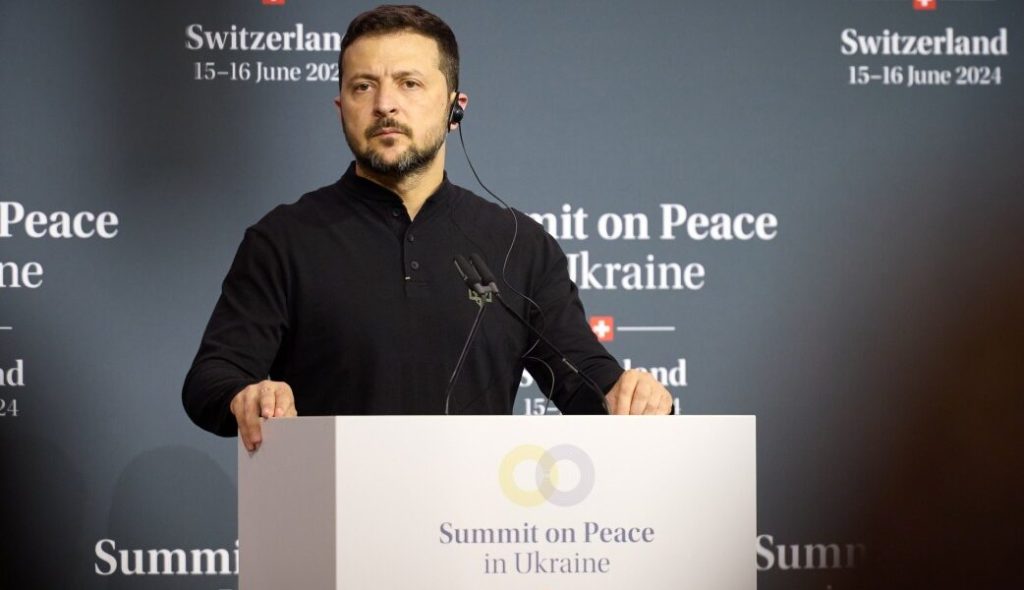Initiating the Peace Summit today in Switzerland, Ukraine has taken a significant step towards intensifying its contacts with countries of the Global South, which are increasingly playing a prominent role in the contemporary world order.
Under President Zelenskyy, Ukraine has notably entered into a competition with Moscow for the favour of African and Latin American nations, marking a shift from the post-Soviet trend of exclusively orienting towards Europe. Traditionally, the Kremlin views these regions as spheres of its influence, supporting loyal regimes, propagating extensive propaganda, and controlling rich reserves of natural resources through its mercenaries, like the Wagner Group.
In contrast, Ukraine has opted for a multi-vector approach using “soft power,” supporting its initiatives by supplying vital foodstuffs, particularly grains, to African countries. Despite Moscow’s successful efforts to block these trade agreements, Kyiv in the middle of conflict has steadfastly honoured its commitments, thereby contributing to stability in global food markets.
The presence of representatives from the Global South countries at the Peace Summit and their desire to put an end to the bloody war in Ukraine signifies significant geopolitical shifts on the world stage. Ukraine, among the first countries in Eastern and Central Europe, demonstrates an understanding of the importance of the Global South nations in the new international realities, actively opposing Moscow’s ambitions to dominate and influence these regions.
Ukraine vividly demonstrates a departure from imperial imperatives towards the Global South countries, initiating acceptable formats, which include addressing longstanding issues in these nations. The cessation of local wars now acquires global significance.
For several Global South countries engaged in prolonged regional conflicts, the Peace Summit format offers a potential model for resolution. Addressing neo-colonialism and neo-imperialism requires innovative approaches to conflict resolution, especially amid the decline of international institutions like the United Nations. A format for collective dialogue, akin to the Swiss Summit, could prove beneficial in shaping strategies for achieving peace.

